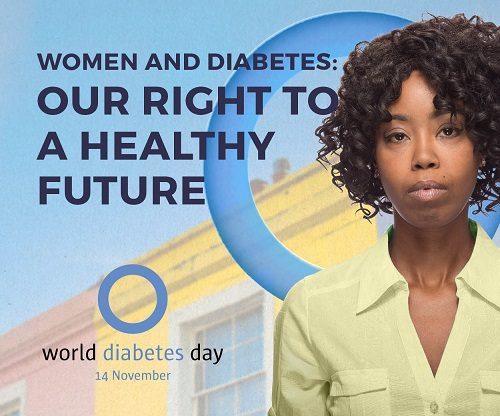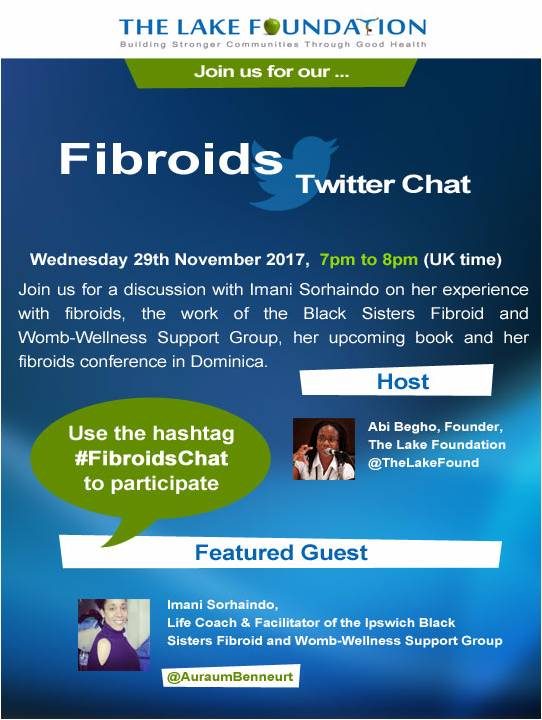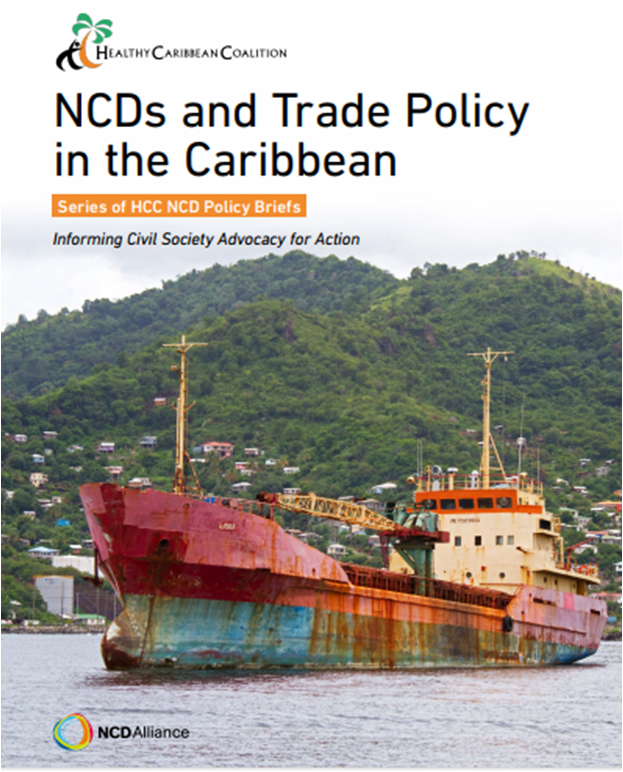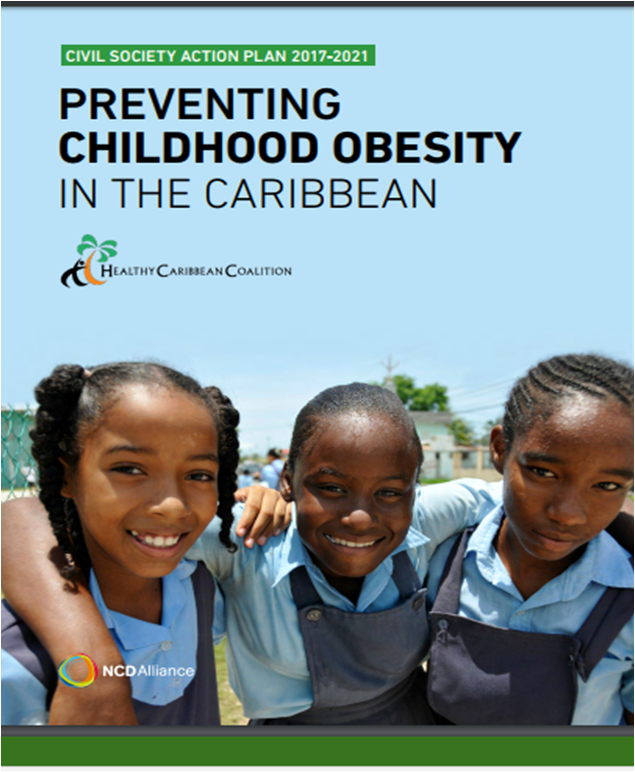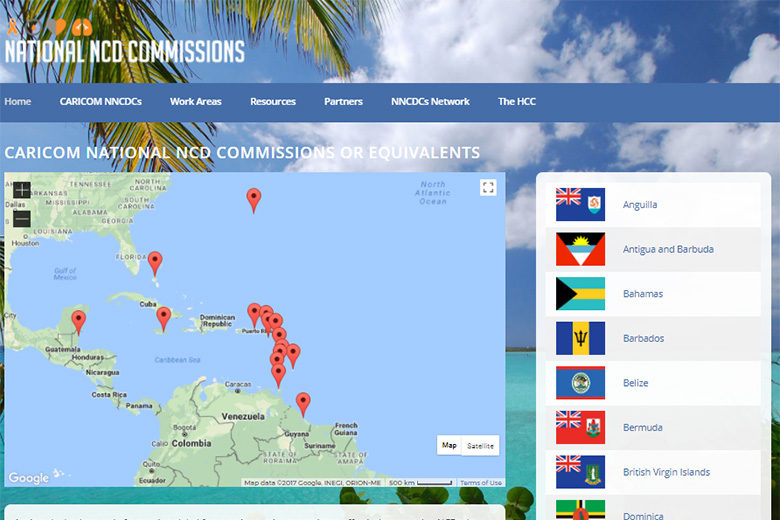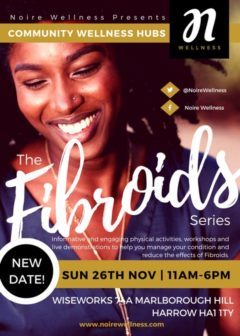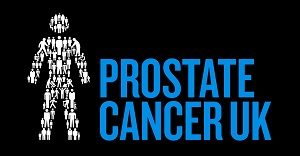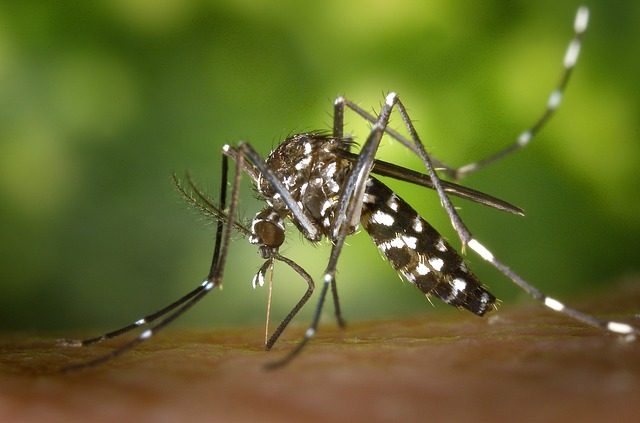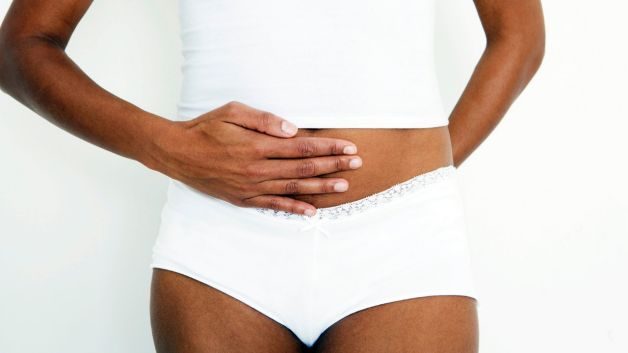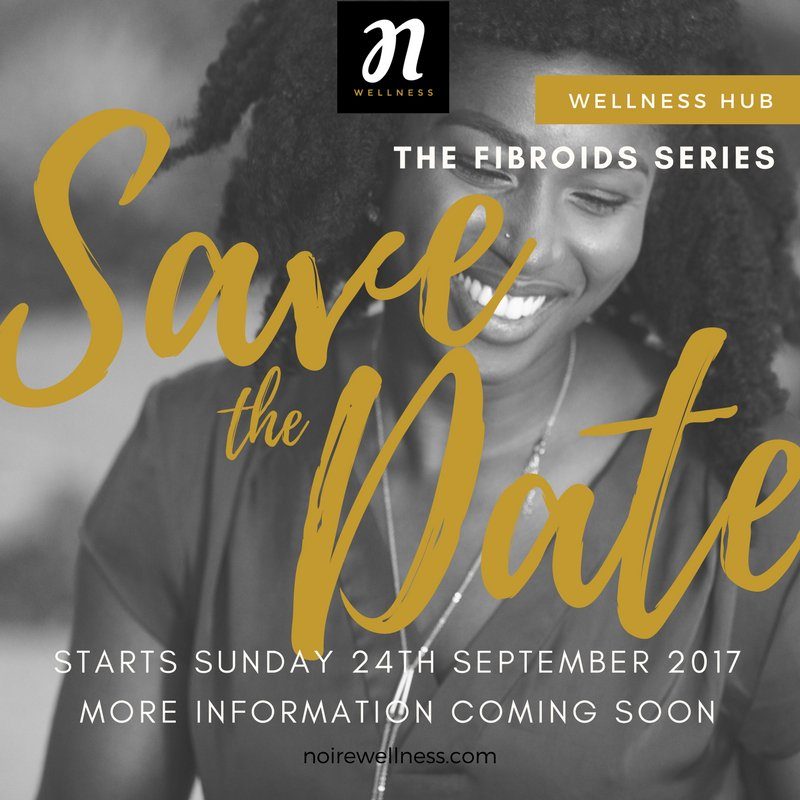World Diabetes Day: Women and Diabetes
Every year, on 14th November, the world comes together to recognise World Diabetes Day. Created by the International Diabetes Federation and the World Health Organisation in 1991 to address the escalating threat that diabetes poses, this is a day that aims to raise awareness by reaching a global audience. This year’s theme is: ‘Women and Diabetes – Our Right to a Healthy Future.’ ‘Why the focus on women?’ You may ask. The stats say it all.
Women and Diabetes
Currently there are over 199 million women living with diabetes throughout the world and research suggests that this could rise to a staggering 313 million women by 2040. Diabetes is the ninth leading cause of death in women with 2.1 million deaths per year being due to this condition. Forty per cent of women with diabetes, around 60 million women, are of reproductive age. The complication here is that women with diabetes are more likely to have fertility problems and without access to pre-conception planning there is a higher risk of death and illness for both mother and child during pregnancy.
Additionally, one in seven pregnant women develop gestational diabetes. This is a type of diabetes that only develops during pregnancy. If it is not managed properly it can negatively affect both the expectant mother‘s and baby’s health. In most cases, after pregnancy, gestational diabetes resolves on its own, but the mother is then at a higher risk of developing type two diabetes.
Finally, women with type 2 diabetes are ten times more likely to have coronary heart disease than women who don’t have diabetes.
Due to these facts and figures there is a need to focus on women, raise awareness and ensure that health services are equipped to address the specific needs of women with regards to diabetes.
Black Women and Diabetes
Black women are at a significantly higher risk of developing diabetes than their white counterparts. In the US, diabetes affects 25% of black women in the 55 and over age group and it is the fourth leading cause of death in black American women of all ages.
Black women in the UK are also at increased risk of developing diabetes and diabetes rates in the Caribbean and Africa are also high.
It is thought that the increased risk in black women is due to multiple factors including genetics and black women being more likely to have high blood pressure, to be obese and be physically inactive.
What Can We Do?
Diabetes can be prevented by adopting a healthy lifestyle. We should endeavour to:
- Maintain a healthy weight
- Eat a healthy diet
- Get active: it doesn’t have to be structured exercise, just anything that increases your heart rate such as gardening, brisk walking, dancing, cycling, playing with the kids
Let’s all spread the word about the prevention of diabetes so that we can stop more women, especially black women, from developing this condition.
References
International Diabetes Federation
American Diabetes Association. Diabetes in African American Communities Advocacy Fact Sheet.







